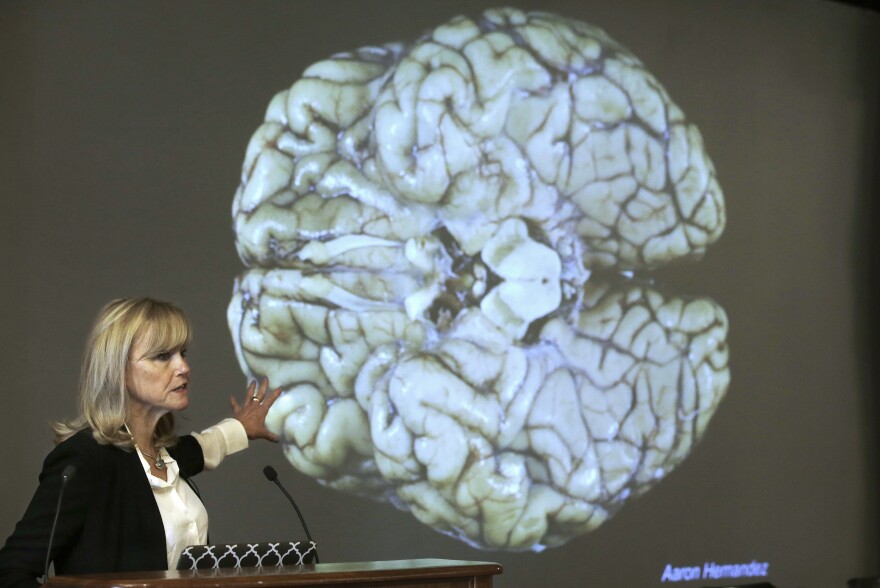Indeed, nothing arouses the national passion more than football, and, more to the point, the NFL, America’s No. 1 source for organized mayhem and controlled violence.
But with each passing year, all that chaos and all that brutality comes at a cost, a lifetime burden of pain and injury exacted on the mostly noble participants, even if those who run the NFL don’t want to acknowledge it.
The league has been criminally slow to admit that playing football has long-term and lasting effect on so many, in part, because the supply of competitors never runs out.
The NFL has done its level best to quell talk of the damage that concussions can and have done, hoping fans and the uninterested alike will look the other way as growing numbers of former combatants need help dealing with the wrath football has wreaked on them. Within that mass of players is a subset of Black players who have, until last week, been ineligible to fully participate in a pool of money designed to help those who may have suffered brain injuries while playing football.
The NFL reached a settlement with thousands of players five years ago over claims that the league hid the long term effects of playing football, up to and including dementia, Alzheimer’s disease and chronic traumatic encephalopathy or CTE.
While the league has paid out just about $1 billion in claims, it left out hundreds of Black players from payments through the use of race norming, a practice that presumes Black individuals have lower cognitive functions than whites. Historically, race norming had been used exclusively in educational testing, but the practice found its way into medical diagnoses as well.
Two Black former NFL players alleged in a 2020 lawsuit that the league ordered doctors to employ race norming in determining the scores of Black applicants trying to access the settlement.
Though the league denied the allegations and a judge dismissed the case, the NFL nonetheless has rescored the dementia tests of nearly 650 former players, making them eligible for payments of up to $500-thousand.
While the league dodged legal ramifications this time, the word is out that it may have engaged in a practice right out of a white supremacist playbook. That can’t be good for an association where nearly 60 percent of its membership is Black.
Of course, that still leaves the larger picture of football as a violent and unforgiving sport that wields an enormous physical price on its players, regardless of their race.
To date, the public hasn’t seemed willing to exert its influence over the NFL to make it do the right thing, leaving the league’s owners and Commissioner Smilin’ Roger Goodell to act on their collective conscience.
And we all know how that’s turned out.
And that’s how I see it for this week. You can reach us via email with your questions and comments at Sports at Large at gmail.com. And follow me on Twitter at Sports at Large.
Until next week, for all of us here, I’m Milton Kent. Thanks for listening and enjoy the games




